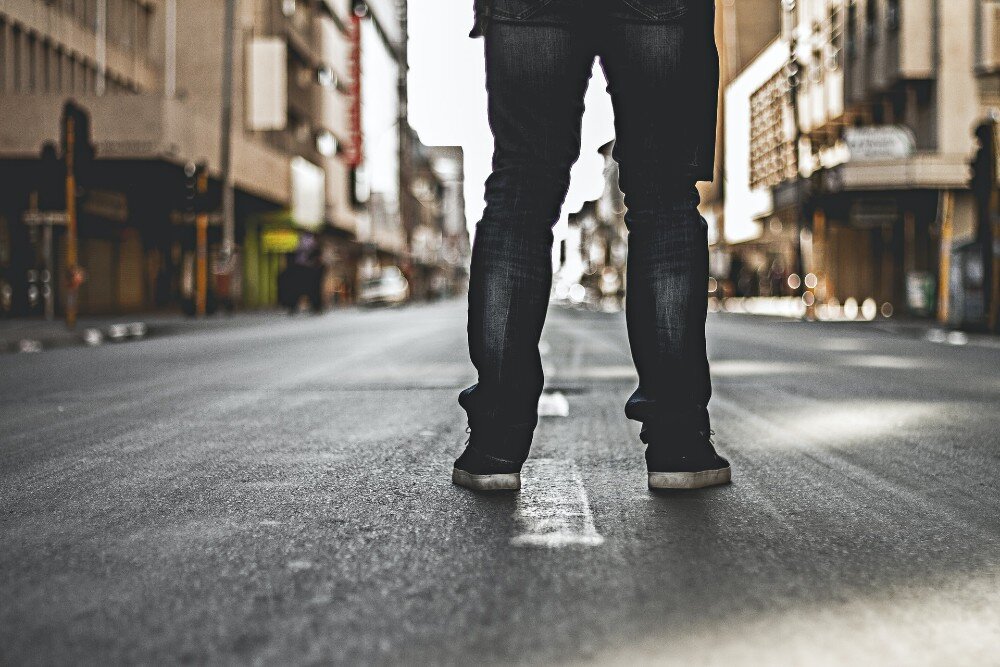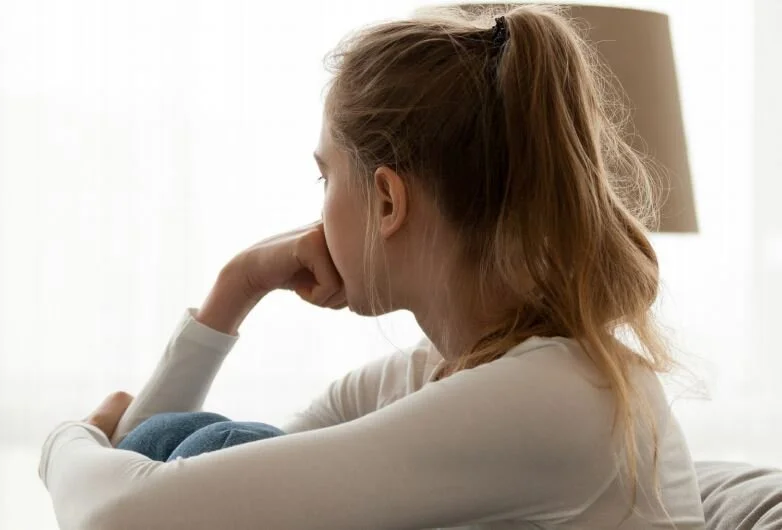OUR PRIORITIES
Reducing the criminalisation of children and ensuring custody is a last resort
xxxx
Current legislation
The AYJ responds to legislative developments…. We have recently been working extensively on the Police, Crime, Sentencing and Courts Bill.
Alongside Agenda, the AYJ has concluded the ‘Young Women’s Justice Project’ with a parliamentary event to explore the policy implications of the project’s findings.
This briefing, “We’ve not given up”: Young women surviving the criminal justice system, in partnership with Agenda, the alliance for women and girls at risk, looks into young women’s pathways into the criminal justice system in collaboration with young women and expert practitioners.
The new briefing, “We’ve not given up”: Young women surviving the criminal justice system, is released today as part of the Young Women’s Justice Project, with Agenda. The briefing calls on the Ministry of Justice to make urgent reforms, showing that without immediate attention, girls and young women will remain marginalised and locked in a cycle of harm, inequality, and re-offending.
Our new briefing, ‘I wanted to be heard’, with Agenda, the alliance for women and girls at risk, looks into experiences of violence, abuse and exploitation of girls and young women in contact with the criminal justice system, which are too often overlooked. It makes recommendations for change in policy and practice across the youth and adult criminal justice system.
‘I wanted to be heard’ focuses on girls and young women in contact with the criminal justice system and their experiences of violence, abuse, and exploitation. In particular, it highlights the experiences of Black and minoritised young women, and young women with experience of the care system.
Young people and professionals alike have often highlighted the challenge of the ‘cliff-edge’ facing young people as they turn 18 – and much has been done in recent years to address this in certain parts of the system. Services for those with special educational needs and disabilities are available for many – though by no means all – until the age of 25…
Falling Through the Gaps sets out the policy context and key findings of young women’s experiences as they turn 18 and move from the youth to adult justice system, as well as experiencing changes in other kinds of provision, including mental health support, accommodation, reduced safeguarding responses and leaving care.
My experiences as both a practitioner and a researcher provide insight and understanding of the representational and structural barriers that affect young Black women and girls before and during transition through the justice system…
Many children in care do not come into conflict with the law, and do well despite serious failings in our systems. Whilst over 60% of children are looked after in England principally due to ‘abuse or neglect’, just 1% of children enter care specifically because of their own behaviour, despite popular perceptions continuing to link care experience with trouble…
Girls in the criminal justice system face a cliff edge in support as they turn 18 as many services change or drop off all at once. An afterthought in provision for women and young adults in the criminal justice system, young women are falling through the gaps and left vulnerable at a critical time in their lives.
The importance of planning in helping girls to transition effectively from supervision by a youth offending service (YOS) to the National Probation Service (NPS) when a girl reaches 18 years of age, cannot be underestimated. Seldom is a girl with a YOS for such as short period that such planning cannot be achieved…
Girls and young women are overlooked in the criminal justice system – they are ignored, misunderstood and misrepresented. That is why at both the Alliance for Youth Justice (AYJ) and Agenda we wanted to find out more about what was happening to them and their experiences of the criminal justice system, from contact with the police and the courts, to probation and prison.
Along with Agenda, the alliance for women and girls at risk, we are publishing our literature review as part of the Young Women’s Justice Project which shines a light on the experiences of young women aged 17–25 years old in contact with the criminal justice system, including the experiences of girls transitioning into adult services as they turn 18.
“Girls and young women are in a particularly unique position in the criminal justice system. As a minority due to both their age and gender, they are consistently overlooked in a system predominantly designed for men and understanding around the needs and requirements of girls and young women is frequently neglected in research, policy and practice.

















